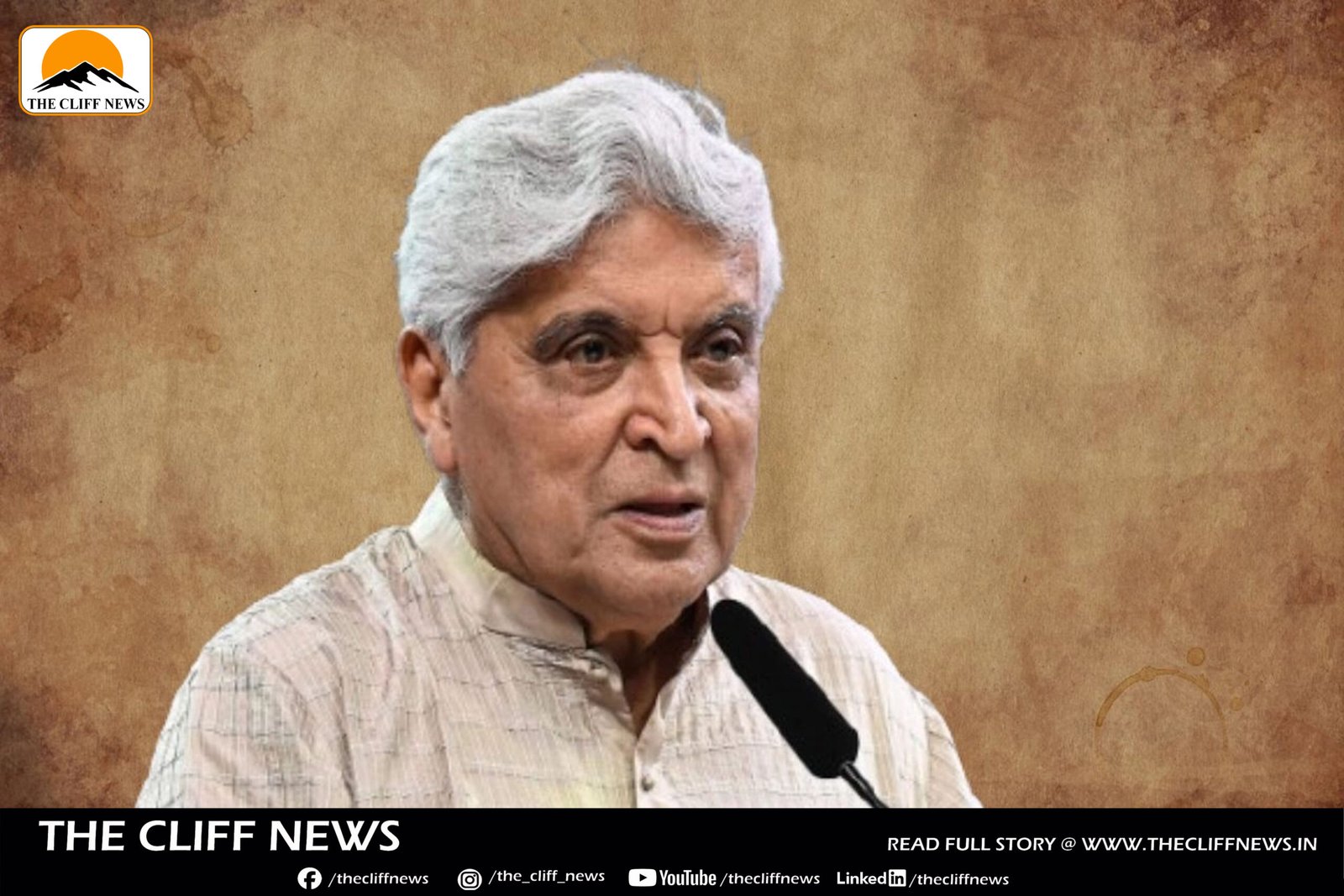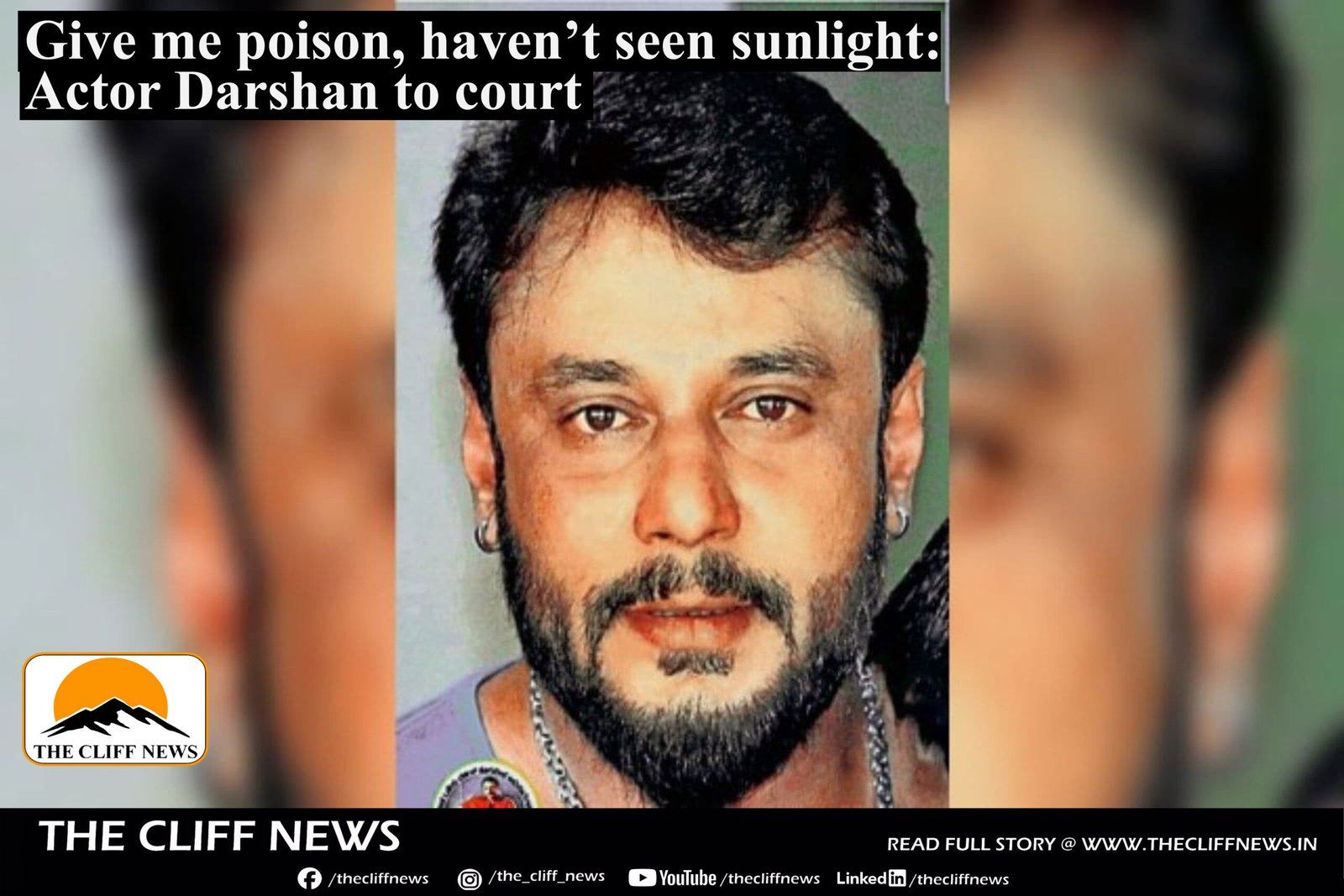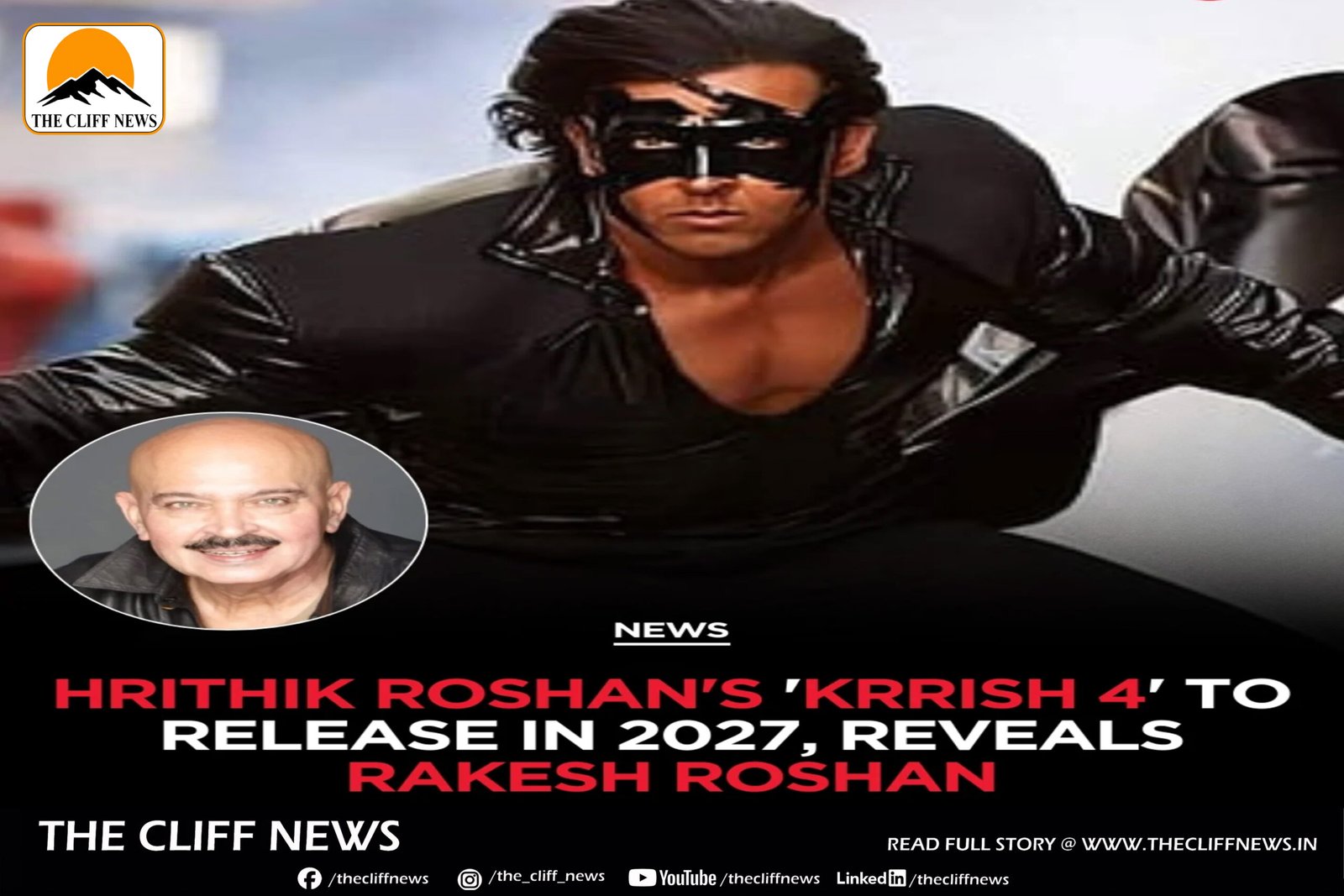Veteran lyricist and screenwriter Javed Akhtar, renowned for his candid opinions, has addressed the growing conversation around Bollywood’s silence following Operation Sindoor—a counter-terror campaign launched by the Indian government after the Pahalgam terror attack in Jammu and Kashmir. In a recent interview with The Lallantop, Javed offered a nuanced perspective on why many from the film fraternity have refrained from publicly commenting on the operation.
Javed, who has himself praised the government’s tough stance on terrorism, emphasized that not everyone is politically inclined. “I spoke about it, I didn’t stay silent,” he said. “Sometimes people may not like what I say, sometimes they do. But I say what I believe is the truth. Now who doesn’t speak? How would I know? Many people are apolitical too.”
Reflecting on his own early years in the industry, Javed recalled being consumed by his work and disconnected from current affairs: “When my films were becoming hits, I had no idea what was going on in politics… I probably didn’t even read the newspaper. Some people are just busy with their own work. If they’re not speaking, so be it. What’s the big deal?”
He also shared a recent encounter with a businessman who criticized Bollywood stars for not speaking up despite making “nationalist” films. Javed’s witty reply struck a chord: “First of all, the term ‘Bollywood’ itself is anti-national. You call the Indian film industry ‘Bollywood’? This industry competes globally. Our films are released in over 136 countries—yet you reduce it to a derivative of Hollywood?”
Javed went on to challenge the selective expectations placed on artists. “If you say others should speak on every issue, then tell me—have you, as a businessman, ever spoken out against a government policy or taxation rule? No? Then why demand it of others? One should only expect others to speak when they themselves do.”
He concluded with a sharp observation about the climate of fear and perception in India. Referring to a previous conversation with politician Kapil Sibal, he said: “Meryl Streep made a strong statement against the US government—there was no income tax raid on her. Whether the fear is real or not, the perception exists. People fear the ED, CBI, income tax raids, and exposure of files. If someone harbors this fear, they won’t speak.”
In a time where public figures are increasingly scrutinized for their silence or stance on national matters, Javed Akhtar’s words underline a complex reality: freedom of speech is not always free of consequence—and expecting universal courage may be idealistic in a climate of uncertainty.



